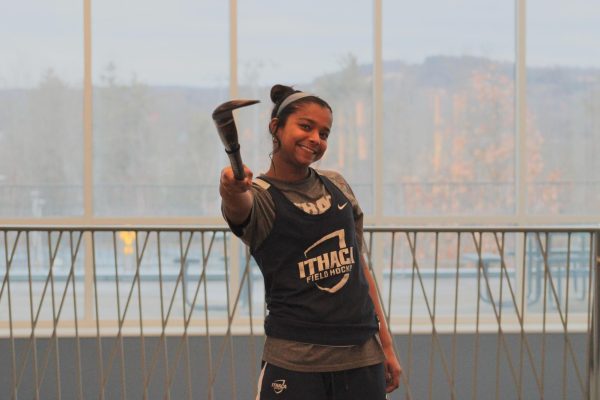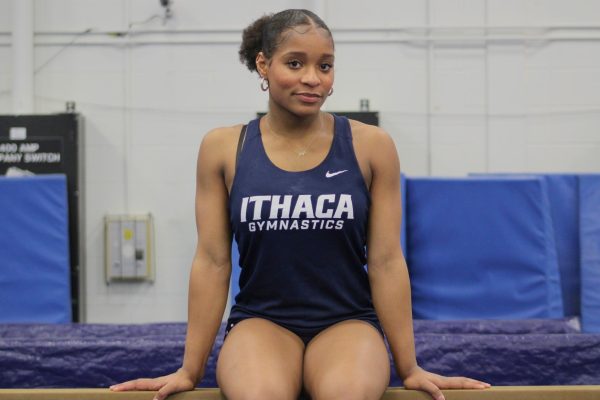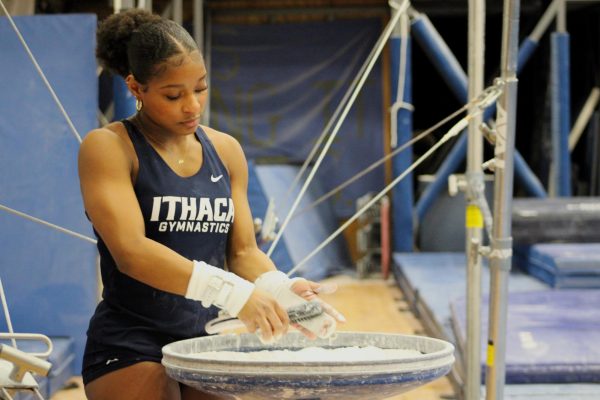
In response to the Trump Administration’s anti-DEI order and consequential bans, businesses and schools in higher ed are reducing their diversity, equity, and inclusion efforts.
Colleges were warned in a Dear Colleague Letter from the federal Department of Education to comply with the removal of DEI and race-focused programs or potentially lose federal funding. Ithaca College is now one of several institutions under investigation for its scholarships and inclusion practices.
IC athletes of color have concerns about what these changes could look like for their education and experiences on campus, voicing opinions about how they feel about Ithaca’s current support.
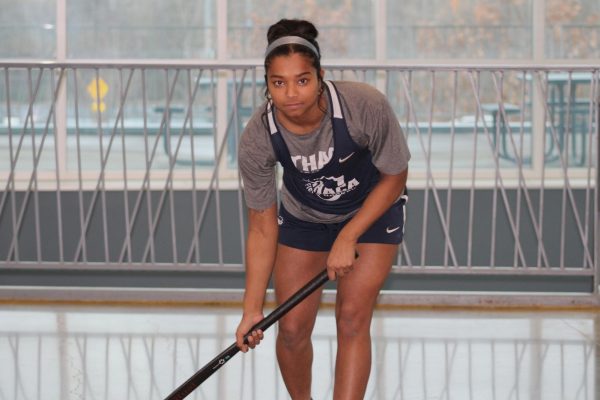
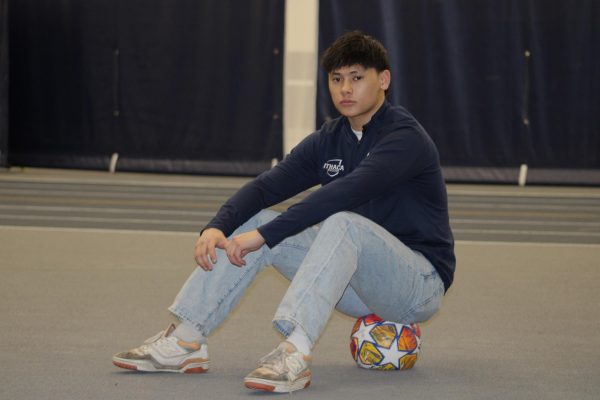
Although athletes of color on campus have varying opinions about the extent to which they feel the college’s commitment to these values, they communicate feeling most supported in the smaller communities they belong to here, such as teams, majors, and specific diversity groups.
“I’d say the athletic department as a whole has made me feel super included,” first-year soccer player Emmett Enriquez said. “The teams and the community we have built here has been super eye-opening because it’s something I never got when I was in club or high school.”
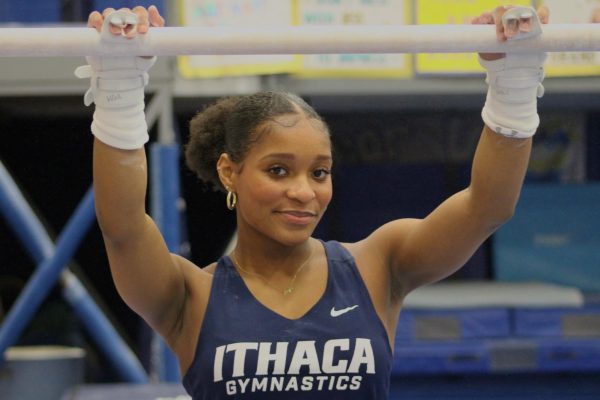
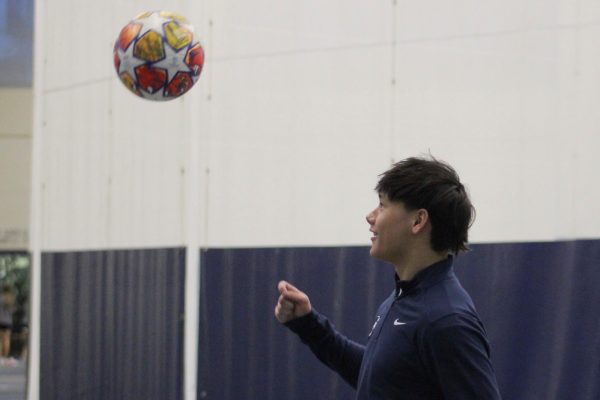
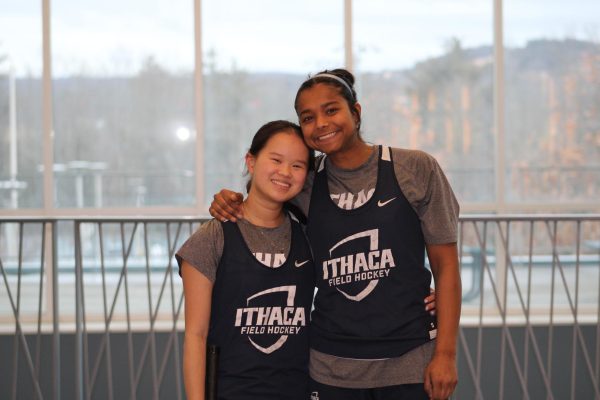
In terms of potential consequences of the removal of DEI programs, field-hockey midfielder Annie Leach said she does not see finding a job being a major struggle due to the high demand for her career but added that “if it comes down to a white individual or to me [for a position], that would be a problem, because they might pick them over me, even though I might be more qualified.”
Gymnast Mya John acknowledged similar possibilities in the physical therapy track with frustration. “We’ve been able to reach this point after, I don’t know how many years, and all it took was one election to kind of dispense all of that,” Mya said.
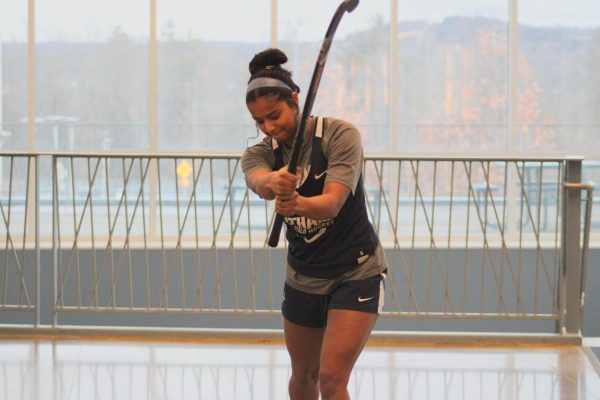
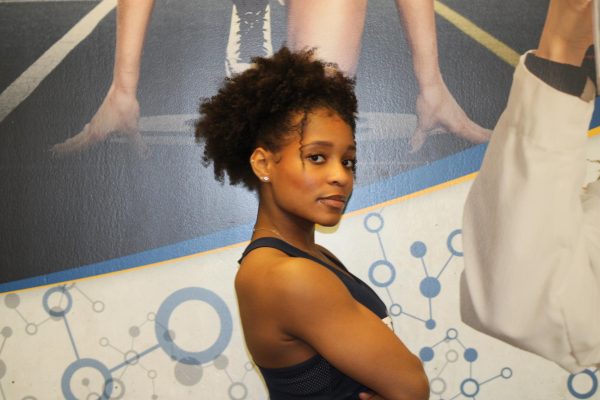
Ithaca College President La Jerne Terry Cornish said in February’s State of the College meeting that while much is not yet determined about what changes may look like, IC “will comply with the law, but let me be clear, our commitment to equity, inclusion, and belonging on this campus is unchanged.”
IC faculty have also aimed to reassure students that the institution itself is doing its best to remain fixed on accountability and its previous values.
Education and linguistic professor, Shuzhan Li, describes one image of DEI initiatives in his classroom. Highlighting marginalized voices for students with “epistemology,” Li said this is a practice that will continue to hold priority in courses already being offered for next semester.
“We read children’s books, poems, memoirs, written by people who have experience with linguistic or ethnic or racial marginalization, and oftentimes these different aspects of people’s identities intersect,” Li said.
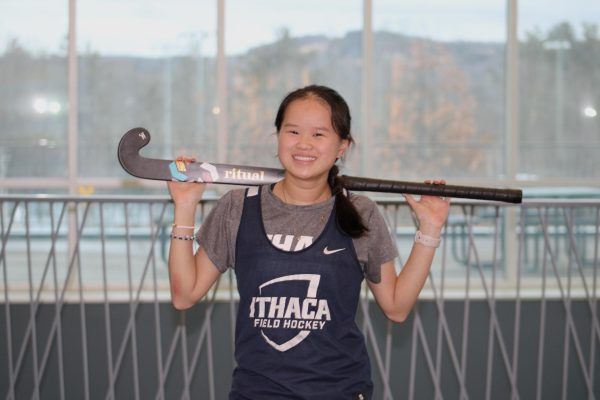
Executive director for student equity, inclusion, and belonging, Luca Maurer, reinforced that “Ithaca College is the same as it was two months ago.” He advised all students to take advantage of opportunities to learn accurate information and find reassurance like the college’s ongoing Teach-in Series.
With voices of important IC figures like Sean Eversley Bradwell, director for IC’s Center for the Study of Culture, Race and Ethnicity, and Vice President and General Counsel, Emily Rockett, “the teach-in series is specifically because of the worries and the questions we were hearing from the campus community,” Maurer said.
The series also “gave faculty and staff on campus the opportunity to ask questions and gain a deeper understanding about the legal principles that underpin current events,” Rockett stated via email. “That level of detail and nuance is hard to achieve outside of a dialogue.”
Experiencing U.S. higher ed as an immigrant and person of color himself, Li also encouraged students to seek opportunities like this. “I’ve learned along the way how to use resources on campus, talk to an advisor, make use of their time, how to write, how to email people, have small talk . . . things students can benefit from,” Li said.
Li and Maurer agree that it is imperative during these uncertainties that students find and connect with their support network at IC. Whether it be through faculty, friends, the BIPOC Unity Center, LGBTQ Center, chapel, or anyone else on campus, students are encouraged to counter their worries with connections.
